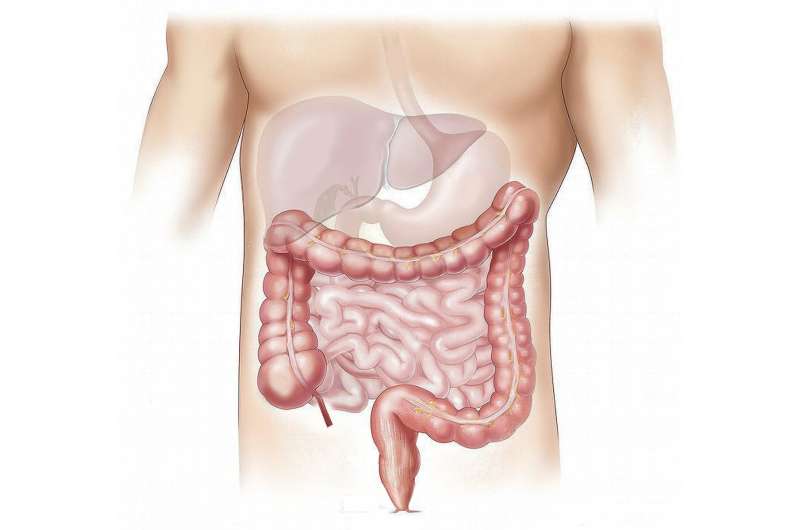Innovative Gut 'Treasure Chest' Technique Enhances Targeted Drug Delivery for Inflammatory Bowel Disease

A groundbreaking research study has introduced a novel method to deliver medication directly to the gut, vastly improving treatment precision for inflammatory bowel disease (IBD) while potentially reducing side effects. Published in Science, the study features 'GlycoCaging,' a mechanism that releases drugs exclusively in the lower gastrointestinal tract at doses significantly lower—up to ten times—than current therapies.
The research, conducted by scientists at the University of British Columbia, demonstrates that GlycoCaging uses a special chemical process inspired by naturally occurring molecules found in fruit and vegetable fiber, which are digestible only by specific bacteria residing in the gut. By attaching these molecules to drugs such as steroids, the system creates a 'treasure chest' that opens only when encountering the targeted bacteria, ensuring localized release.
This targeted approach was tested in mice with induced IBD, where the GlycoCaged drugs produced similar anti-inflammatory effects at much lower doses compared to non-caged versions. Moreover, the drug's presence was confined primarily to the gut, with minimal systemic absorption, minimizing potential side effects like osteoporosis, high blood pressure, and mental health issues that are common with traditional high-dose treatments.
Importantly, the team analyzed fecal samples from 33 individuals, including those with IBD, and found that all participants had the gut bacteria necessary to activate the GlycoCage system. This indicates a broad potential applicability of the technology in human treatments.
The researchers have patented this innovative technology and are preparing for further animal studies and eventual human clinical trials. This advancement holds promise not only for IBD but also for delivering other anti-inflammatory and antimicrobial drugs more effectively and safely.
Overall, GlycoCaging represents a significant step toward precise, lower-dose drug delivery targeting diseased areas in the gut, potentially transforming treatment strategies for gastrointestinal conditions.
Stay Updated with Mia's Feed
Get the latest health & wellness insights delivered straight to your inbox.
Related Articles
Intermittent Energy Restriction Shows Promise for Obesity and Type 2 Diabetes Management
A recent study presented at ENDO 2025 reveals that intermittent energy restriction can significantly improve metabolic health and weight management in individuals with obesity and type 2 diabetes, showing promising advantages over other dietary approaches.
New Insights into Cell Death Inhibition as a Potential Treatment for a Rare Pediatric Inflammatory Disorder
New research uncovers how inhibiting programmed cell death mediated by STING could lead to innovative treatments for severe childhood inflammatory disorders like SAVI.
WHO Maintains Mpox Alert Amid Surge in West Africa
The WHO has extended the mpox global health emergency as cases surge in West Africa and beyond, highlighting ongoing international health challenges. Learn more about the current situation and response efforts.
Cocoa Extract Supplementation and Its Limited Impact on Hypertension Risk
A large study finds that cocoa extract supplementation does not significantly lower the risk of developing hypertension, except in individuals with normal blood pressure. Learn more about the nuanced effects of cocoa flavonoids on cardiovascular health.



